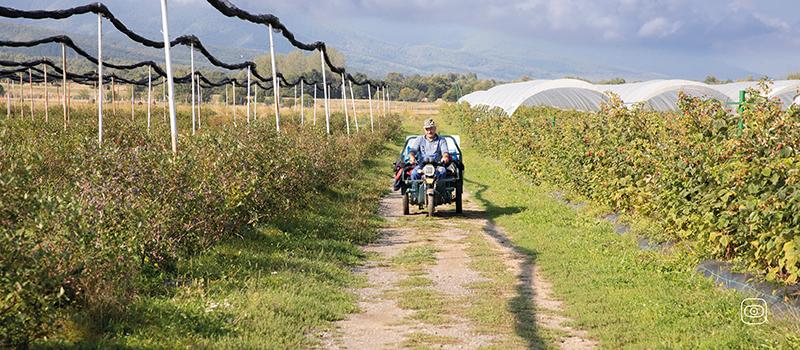The European Union aims to ramp up production of organic crops by three times from 8.5 percent of farmland today to 25 percent by 2030, however cases are piling up across the continent of cross-border forgery in the sector. We investigate allegations and convictions in Romania and Italy, in a project supported by Journalism Fund, and published in Scena9 in Bucharest, and IRPIMedia in Rome.
In Romania, which is struggling to boost organic production, the two largest certified organic companies are accused of poisoning the Danube Delta, one of the largest wild areas in Europe, and a UNESCO heritage site. Meanwhile, smaller agricultural producers, of which they are millions in Romania, are priced out of registering as organic, due to the high costs of certification.
In Italy, we question how reliable is the certification system that ensures what is on sale is truly organic? Companies are on trial for passing off conventional food and vegetables as organic, including in cross-border cases involving Romania and Serbia. Some observers believe the Italian certification system does not give sufficient guarantees on organic authenticity.
PHOTO: Diego Ravier



